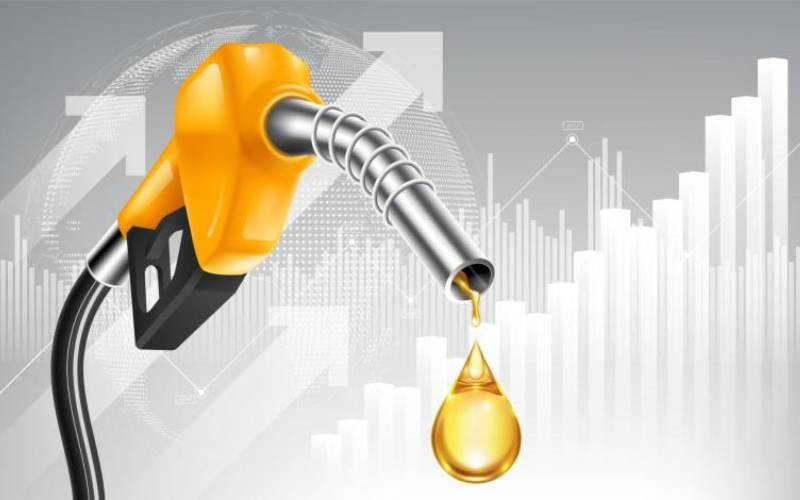×
The Standard e-Paper
Join Thousands Daily

Last week, a section of MPs allied to the Kenya Kwanza coalition are reported to have pleaded with President William Ruto to allow the reduction of petroleum taxes so as to bring down the cost of fuel.
High fuel prices, the MPs said at a parliamentary group meeting at State House, were making their constituents hostile towards them and generally making the Kenya Kwanza administration unpopular.